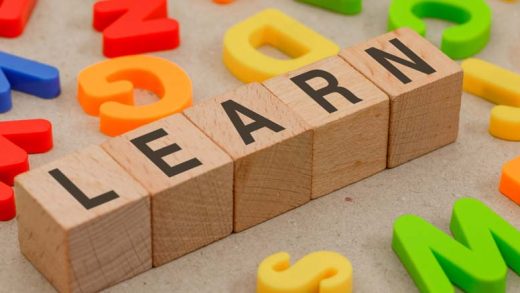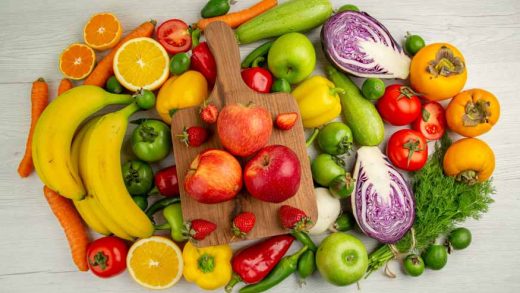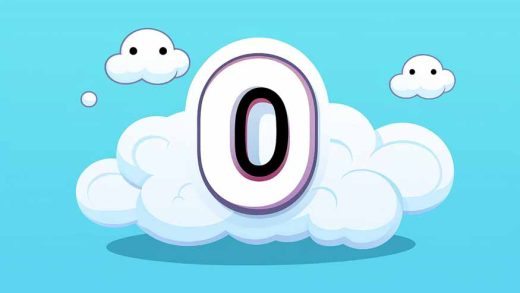The course and content your child will be taught in preschool is the preschool curriculum. In preschool, your child learns from taking turns to counting to 10, and they discover many things. By the time your child graduates from pre-K, they will have learned a lot.
Depending on which preschool you choose and the early childhood education philosophy it follows, your child gets to explore a wide variety of academic, social, physical, and emotional lessons. Apart from academics and social skills, many preschools also work on critical speech and fine motor skills. Thus, they get to learn many lessons and other stuff besides their preschool curriculum learning as well.
What Do Kids Learn in Preschool?
Preschools help teach the basics to the kids, giving them a strong foundation for the early years of their education. These include academic concepts of reading and math. They cover counting, coloring, and letter recognition. They also cover developing large and fine motor skills, such as walking in a line and using a pencil. It also includes social and school readiness skills. These are cooperative and friendly actions. They include making friends, sharing, and taking turns. Overall preschool syllabus helps kids develop and discover.
Academic Learnings in the Preschool Curriculum
The preschool curriculum offered at one child’s preschool may vary from what is offered in other preschools. It is so because preschools are not governed by the standards that apply to K-12 education. So, individual schools and preschools have the freedom to teach about what they please in the manner they prefer. For example, preschools located in religious institutions may teach religion. It is part of their curriculum. Another example is Montessori preschools. They use special materials and activities to encourage hands-on learning.
Academic teaching involves a curriculum. The preschool teachers may adjust the teaching to fit the needs of individual children in their classrooms. Not all preschools follow the same educational guidelines and teaching philosophy. However, they all aim to prepare students for kindergarten. So, most preschools teach skills and subjects. These include math, science, and literacy.
The important concepts of the preschool syllabus include:
- Calendar, including the seasons, days of the week, and months of the year
- Drawing and painting
- Hygiene
- Letters
- Shapes
- Colours
- Cooperation
- Numbers
- Writing letters and numbers
- Cutting
- Gluing
- Listening
- Nature
- Physical activities include running, jumping, skipping, and hopping on one foot. They also include using playground equipment and balls.
- Sharing
- Sorting objects
- Taking turns
- Transitioning from one activity to another
- Weather
Motor Skills
Two motor skills are involved in the preschool syllabus. There are gross motor skills and fine motor skills. Preschool-age children must master them to learn preschool learning. Gross motor skills involve big movements. Fine motor skills involve manual dexterity and hand-eye coordination. Many preschools spend time developing these skills actively involved and engaged in it.
Fine motor activities include skills of writing, grasping, and coordinating fine movements. They include drawing, coloring, cutting, and gluing. These skills are used during recess. They involve using playground equipment, running, skipping, jumping, and playing or throwing a ball to a partner.
Social and school readiness skills
In preschools, the focus is teaching kids social and school-readiness skills. The lessons teach kids how to function in groups. They focus on sharing, taking turns, playing together, and moving between activities. They also cover following classroom rules. Preschools also help kids learn self-care skills. They will need these skills in kindergarten. They include putting on their shoes and coats, feeding themselves, and using the bathroom alone.
Preschool Curriculum Programme
Preschoolers have a set of goals and a philosophy to which the teachers must adhere. In some cases, teachers follow some general guidelines Informally. The preschool program has specific lesson plans. They also have rubrics for assessing student progress.
The preschool curriculum takes into account the length of the preschool day. Some run only a few hours a day while others run all day. Thus the whole preschool programme involves many activities including:
- Field trips to enhance a lesson, such as a trip to the post office to learn about the mail or visit grocery stores to learn about choosing foods.
- Special speakers to talk in sessions to provide more details to a lesson, such as a dentist to discuss oral health.
The main preschool teacher does not necessarily teach special activities. They are taught by a special art, music, library, or physical education teacher.
The preschool curriculum lays the foundation for a child’s lifelong learning. At preschool, children have diverse experiences. These experiences are meant to help their whole development. This includes their thinking, social skills, emotions, and bodies.
Preschoolers learn through activities and play. These teach them key thinking skills. They include language, literacy, math, problem-solving, and critical thinking. They explore the world around them. They develop their creativity and start to learn basic science.
Also, the preschool curriculum puts social and emotional development first. It teaches children to communicate well, work with others, manage their emotions, and have empathy and respect for others. These skills are crucial for building positive relationships and navigating social interactions successfully.
At Kangaroo Kids International Preschool, we keep your kids learning various things besides academics. They learn the basics and hone skills for their education. To learn more about our preschool programme, contact us today.








